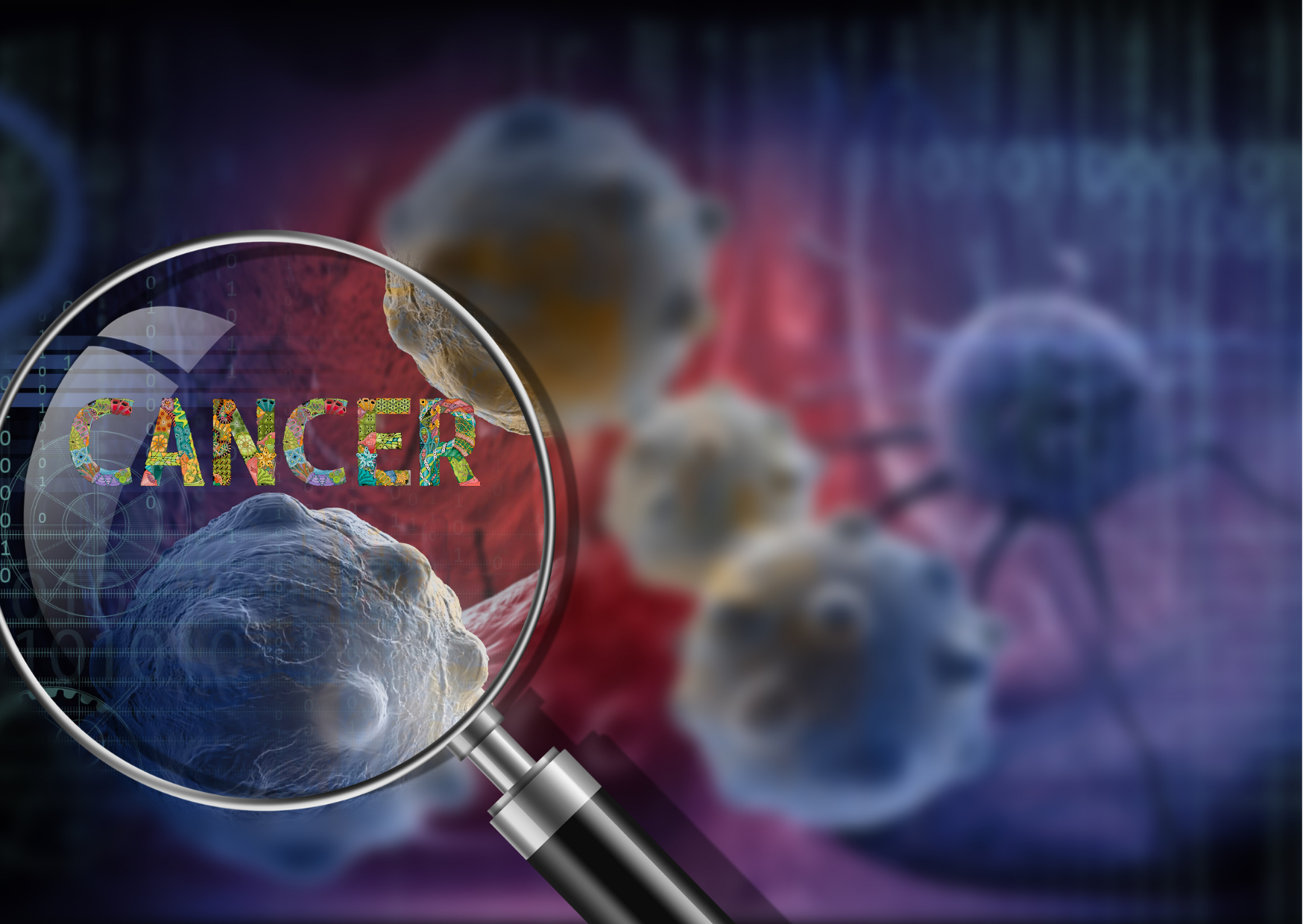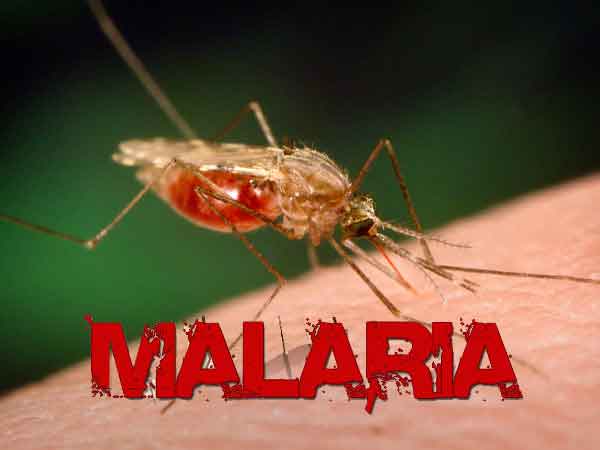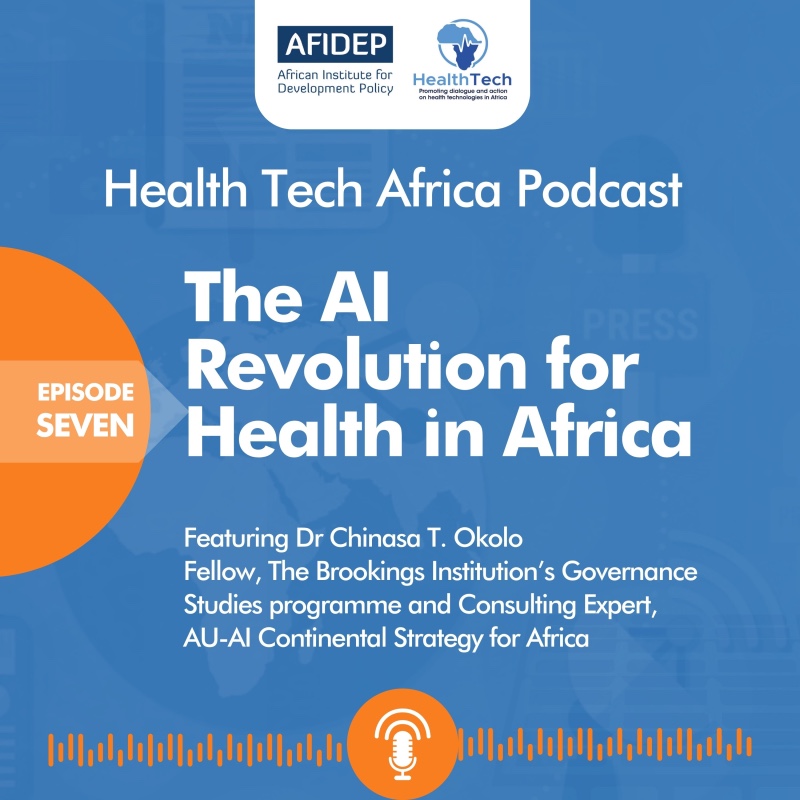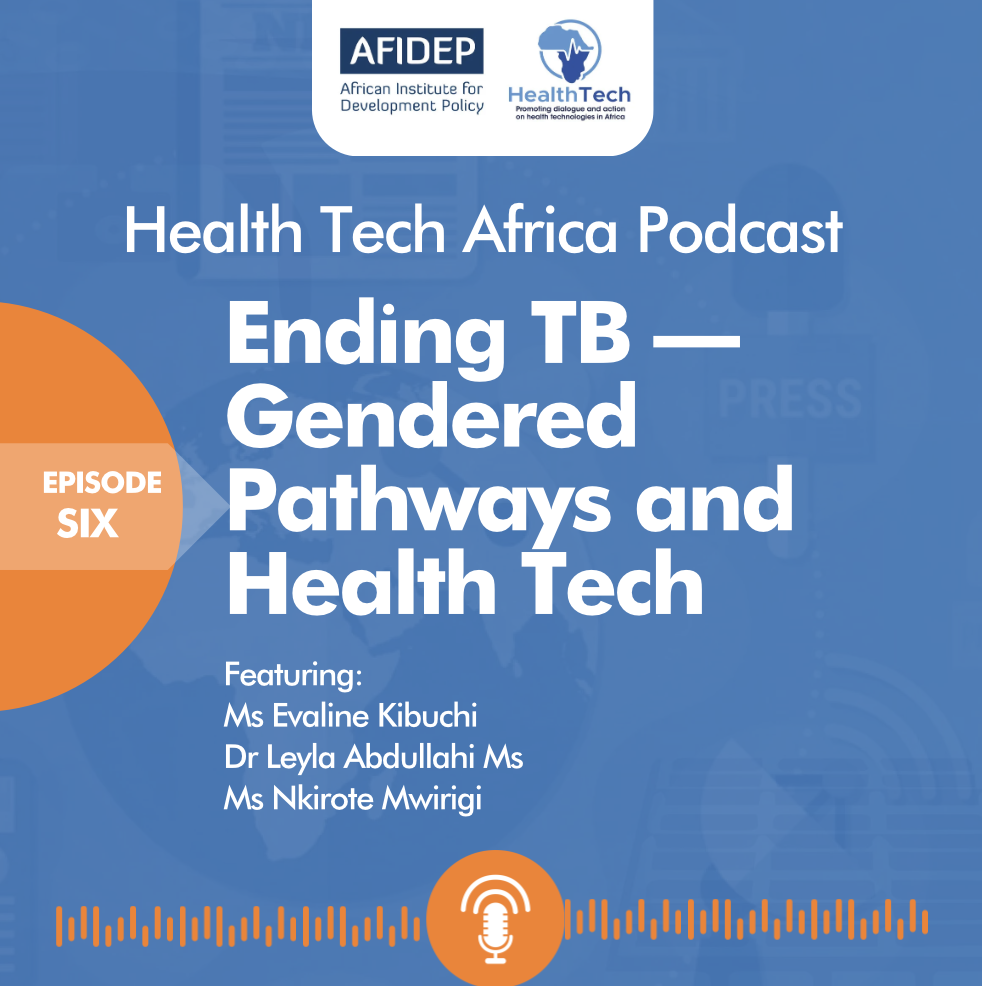
Dar es Salaam, Tanzania, 16 November 2022 – The African Institute for Development Policy (AFIDEP), through its Platform for Dialogue and Action on Health Technologies in Africa (Health Tech Platform), East African Community (EAC) health department, East African Health Research Commission and Ifakara Health Institute are all set to host the East African community for policy dialogue on regulatory frameworks required to ensure the proper development of genetically modified mosquitoes for malaria control and elimination in the region, and their use if proven safe and efficacious. The regional meeting is a hybrid event taking place on 17–19 November 2022 in Dar es Salaam, Tanzania.
Malaria remains one of the deadliest diseases in sub-Saharan Africa despite the enormous efforts made towards its control, with 95% of the world’s 241 million cases in 2020 recorded in the region, according to the World Health Organization. The continued high burden of the disease has called for new tools and technologies to complement current efforts to eliminate malaria. The African Union High-Level Panel on Emerging Health Technologies (APET) of the African Union Development Agency (AUDA)-NEPAD has identified several technologies as having the potential to address Africa’s high disease burden. The use of genetically modified mosquitoes for malaria control is one of these identified technologies, and it is being explored on the continent.
“The use of genetically modified mosquitoes is a novel approach to solving the problem of malaria in Africa. However, this technology is still under development and is not ready for field deployment. It will take about one decade or so before the technology is available for use on the continent,” said Professor Richard Mukabana, Director of the Health Tech Platform at AFIDEP.“Given that this technology is targeted for use on the continent, African countries should consider to jointly develop and harmonise their regulatory and legal frameworks to guide the process. This will help to stem potential cross-border conflicts and ensure that any strategy undertaken to address the high burden of malaria in the region truly works to alleviate the suffering caused by the disease.”
Ongoing preparatory research is exclusively conducted under laboratory conditions in Burkina Faso, Mali and Uganda. Exploratory work on the technology is taking place in Tanzania, Cape Verde, Sao Tome and Principe, and Comoros. Given the novelty of this technology, existing regulatory frameworks in many African countries, including those in East Africa, do not yet provide clear guidance for the development or testing of genetically modified mosquitoes.
“African regulators and policymakers, especially those in the East Africa, need to understand the key issues to prepare befitting frameworks for developing, testing and evaluating this technology for malaria control and elimination in Africa,” said Dr Eric Nzeyimana, Principal Health Officer at the East African Community Secretariat.
The dialogue will bring together East African policymakers, including legislators and government officials, as well as civil society actors and health experts to increase the understanding of genetically modified mosquitoes and their potential for malaria control and elimination; create awareness of the ongoing preparatory research in the region; and provide an opportunity for the sub-region to discuss regulatory reforms and other policy matters, thereby charting the region’s path in relation to the development of genetically modified mosquitoes.
“Current tools have not been enough to eradicate malaria, and that is what makes innovation crucial,” said Dr Brian Tarimo, Research Scientist at Ifakara Health Institute. “Novel innovative tools such as gene drive mosquitoes can complement existing tools to ensure that the set goals and milestones towards malaria elimination and eradication are timely met. We should be the generation that rids the world of malaria.”
The Health Tech Platform promotes informed, open and balanced discussions on emerging health technologies prioritised by the African Union. The East African policy dialogue is the first in a series that the Platform intends to hold with identified target groups over the next 12 months.
Download the media kit here.
——
About the African Institute for Development Policy
The African Institute for Development Policy (AFIDEP) is an African-led, non-profit research and policy institute established in 2010 to institutionalise a culture of evidence use in the public sector and to bridge the gaps between research, policy and practice in development efforts in Africa. AFIDEP is registered as a non-governmental organisation in Kenya and Malawi and as a non-profit institution in the USA, with 501(c)3 status.
AFIDEP contributes to the realisation of the Sustainable Development Goals (SDGs) and other development strategies by enabling the use of evidence in the formulation and implementation of development policies and programmes. To do this, we undertake activities that fall in two broad categories:
1. Research generation, synthesis and translation for decision-making
2. Capacity development for increased research use and evidence-informed decision-making (EIDM), including strengthening individual and institutional capacity for research synthesis, analysis, translation, packaging, communications and policy engagement.
AFIDEP implements work in five thematic areas: population dynamics and demographic dividend; health and well-being; transformative education and skills development; environment and climate change; and governance and accountability.
Learn more at www.afidep.org.
About the East African Community (EAC)
The East African Community (EAC) is a regional intergovernmental organisation of seven Partner States: the Republic of Burundi, the Democratic Republic of the Congo, the Republic of Kenya, the Republic of Rwanda, the Republic of South Sudan, the Republic of Uganda, and the United Republic of Tanzania, with its headquarters in Arusha, Tanzania.
The EAC is home to an estimated 283.7 million citizens, of which over 30% is urban population. With a land area of 4.8 million square kilometres and a combined Gross Domestic Product of US$305.3 billion, its realisation bears great strategic and geopolitical significance and prospects for the renewed and reinvigorated EAC.
The work of the EAC is guided by its Treaty which established the Community. It was signed on 30 November 1999 and entered into force on 7 July 2000 following its ratification by the original three Partner States – Kenya, Tanzania and Uganda. The Republic of Rwanda and the Republic of Burundi acceded to the EAC Treaty on 18 June 2007 and became full Members of the Community with effect from 1 July 2007, while the Republic of South Sudan acceded to the Treaty on 15 April 2016 and become a full Member on 15 August 2016. The Community’s newest member, the Democratic Republic of the Congo acceded to the EAC Treaty on 8 April 2022 and became a full member on 11 July 2022.
Learn more at www.eac.int.
About Ifakara Health Institute
Ifakara Health Institute (IHI) is a leading health research organisation in Africa, with a strong track record of developing, testing and validating innovations for health. We are driven by core strategic mandate for research, training and services. The institute’s work spans across the full research lifecycle from basic science to policy and translation.
IHI work is organised in three research departments, six research units and seven technical units. The research departments are: Environmental Health & Ecological Sciences, Interventions & Clinical Trials, and Health Systems, Impact Evaluation & Policy.
The research units are: Grants and Contracts, Training & Capacity Building, Laboratories, Data Systems and Platforms, Vector Control Product Testing, and Chronic Diseases Clinics. The technical units, which are supporting research (our primary activity) are: Internal Audit, Knowledge Management and Communications, Finance Management, Human Resources, Procurement Management, Branch Management and Information & Communication Technology. We have three major offices in Tanzania (Ifakara, Bagamoyo & Dar es Salaam).
Learn more at www.ihi.or.tz.
For more information or interviews, please contact:
Ms Pauline Soy, Communications Officer – Health Tech Platform, AFIDEP, +254 710 113563, pauline.soy@afidep.org




